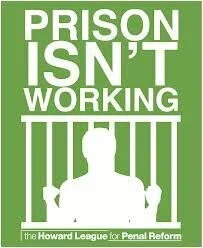the first question that must be addressed is whether the technology is actually going to reduce harm caused by police chases. The chase must presumably have to start. There must still have to be a police policy dealing with the circumstances in which chases will be commenced, even if they are intended to be relatively short because this technology will be available.
Overseas discussions of this issue make reference to avoiding problems with other vehicles by implementing technology in all cars which enables each car to react to the presence of another vehicle.
This then brings us to serious other issues connected with this type of technology. Those issues relate to the fundamental rights of privacy and freedom of movement.



















